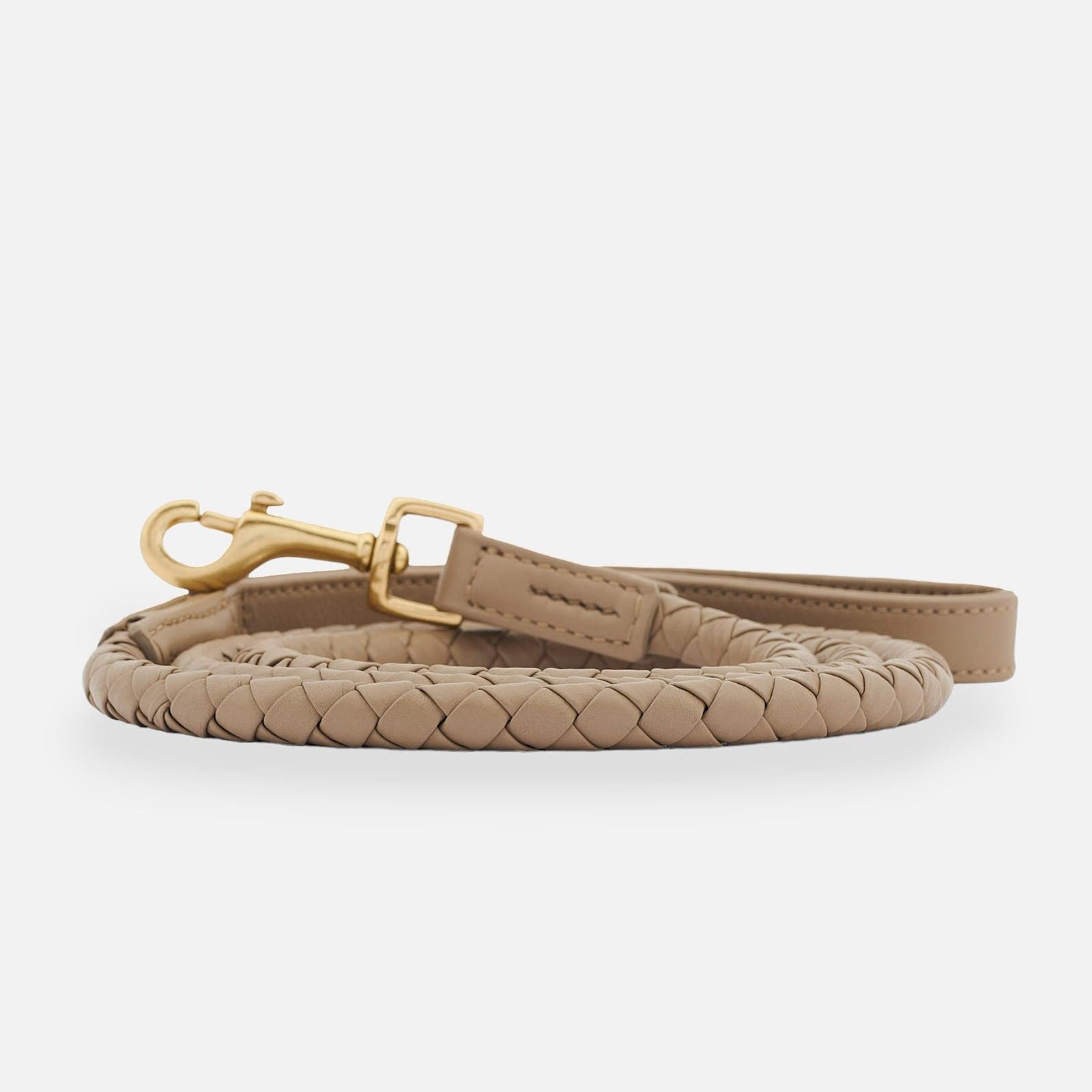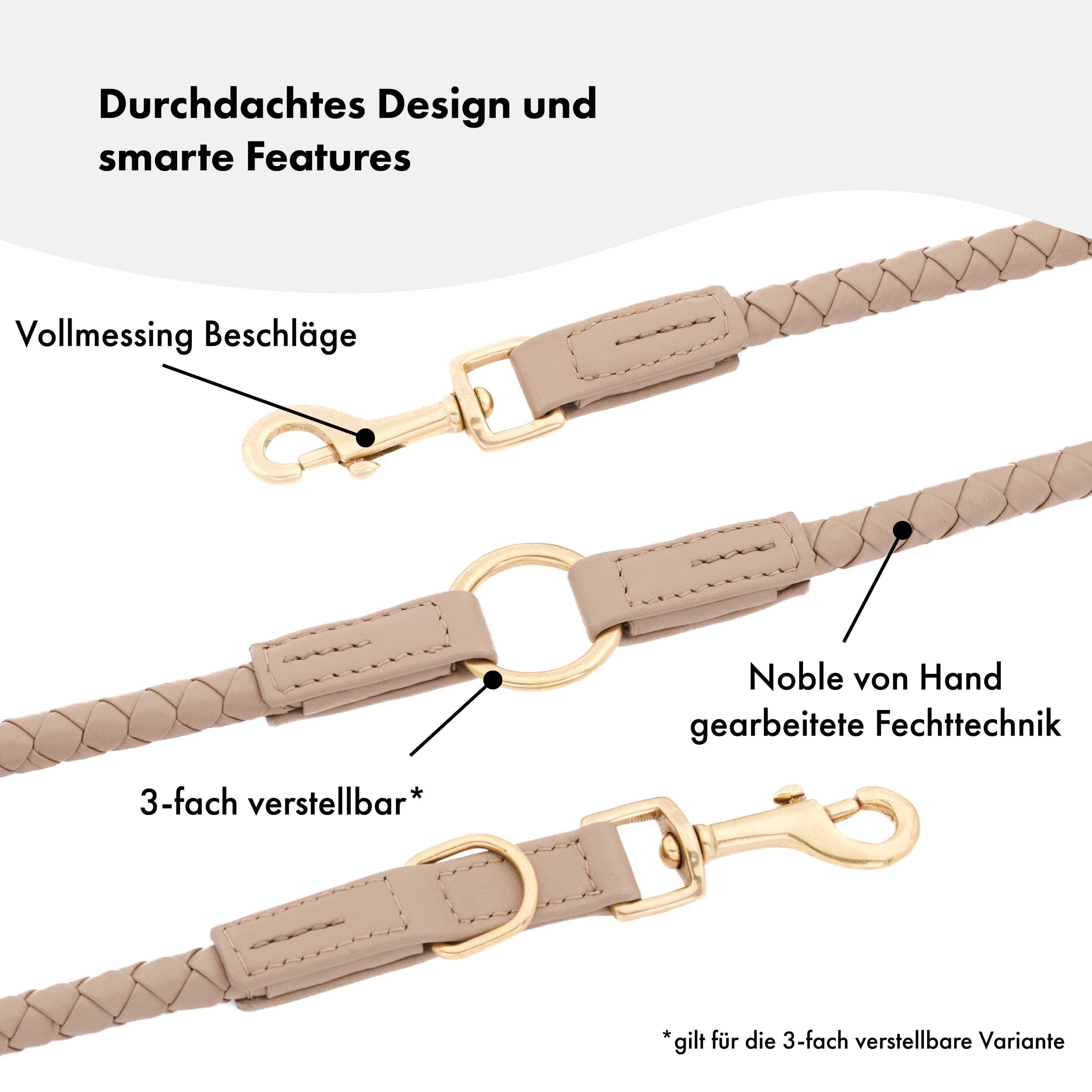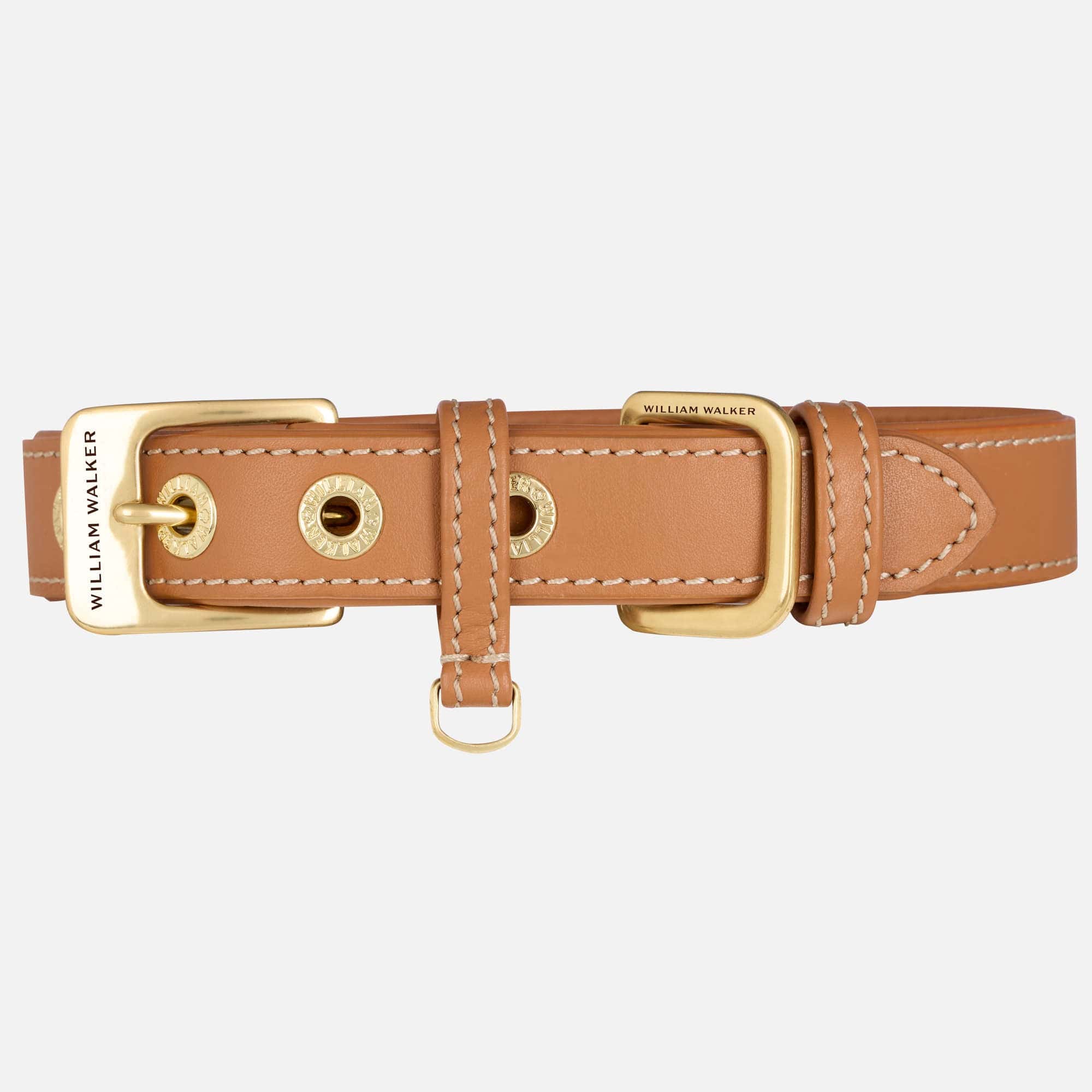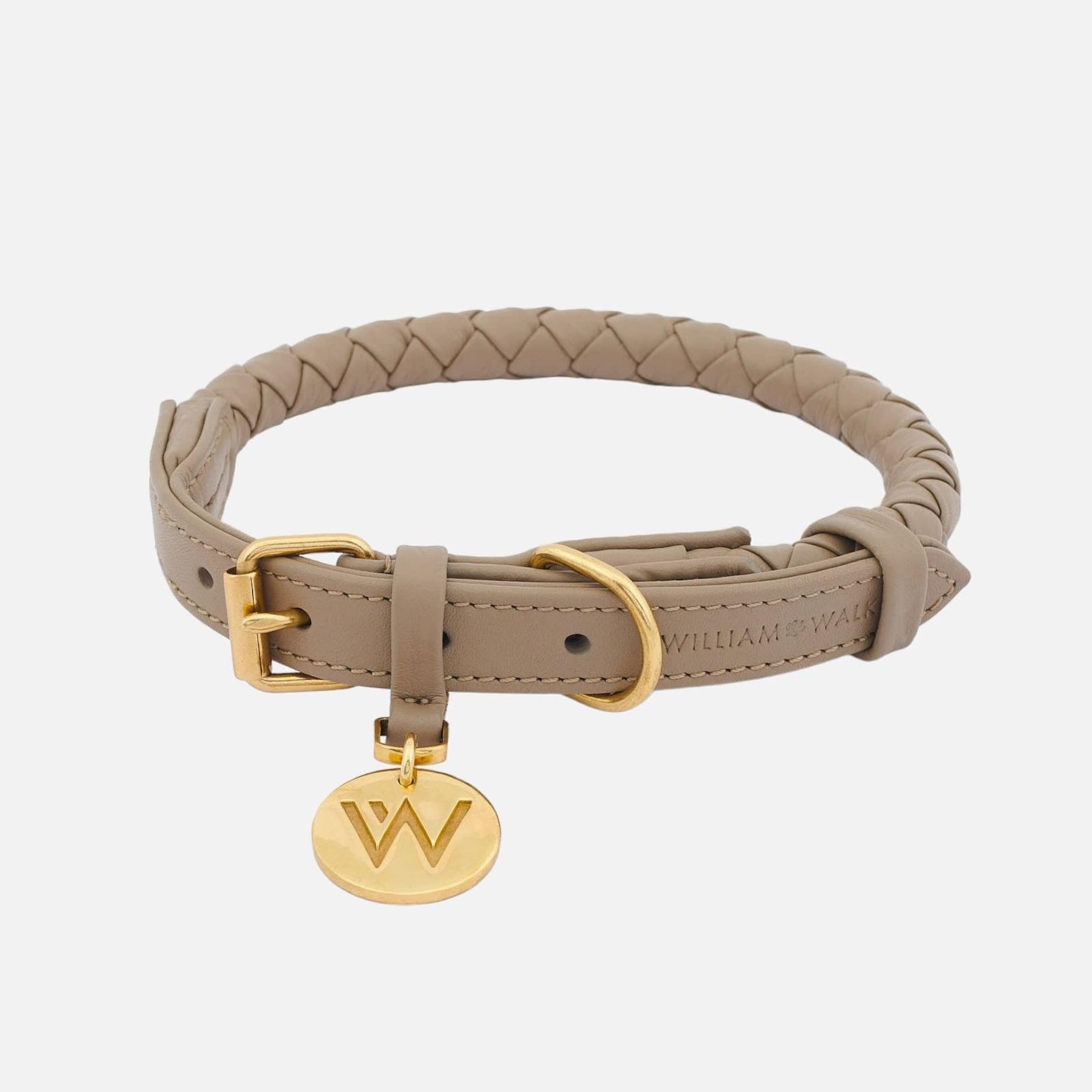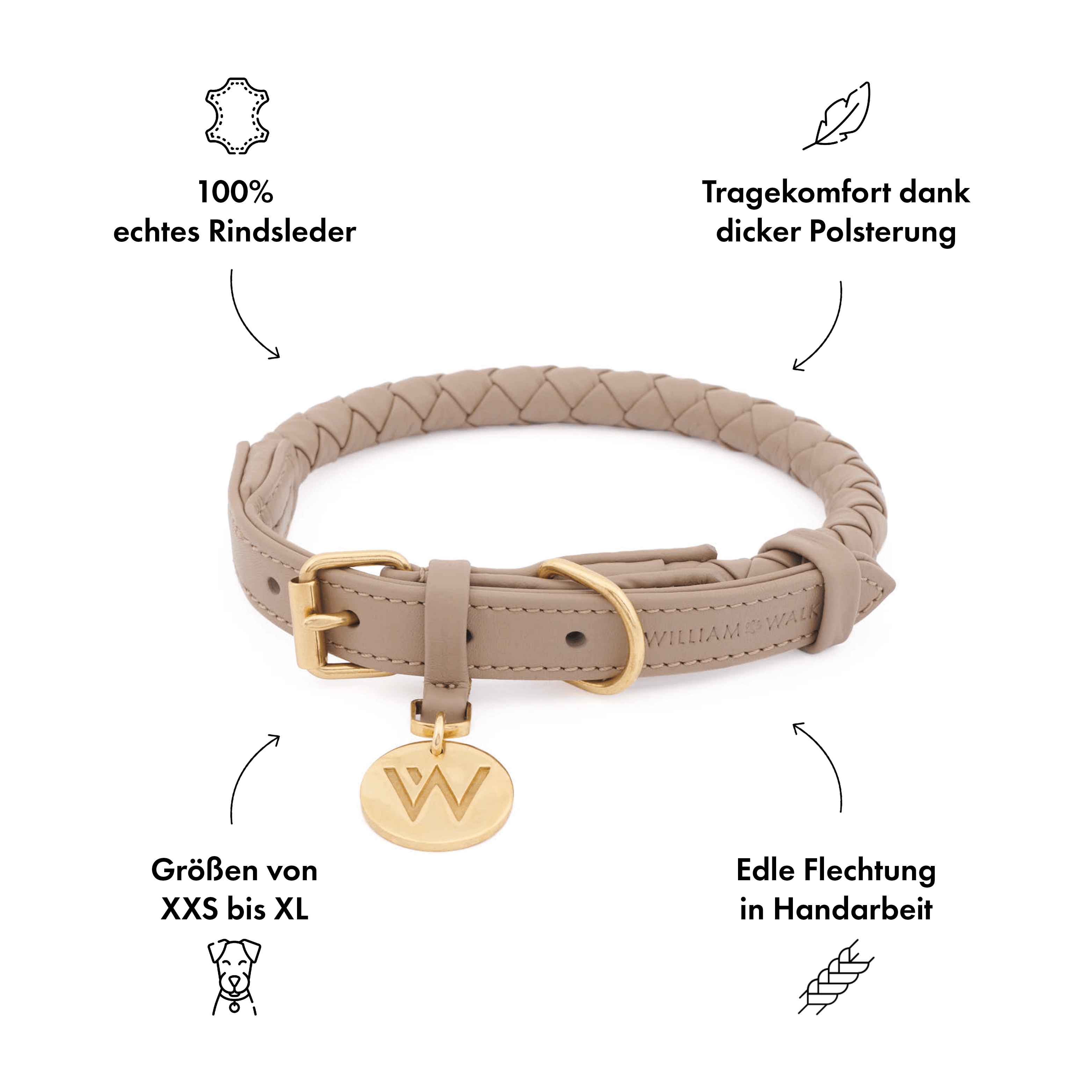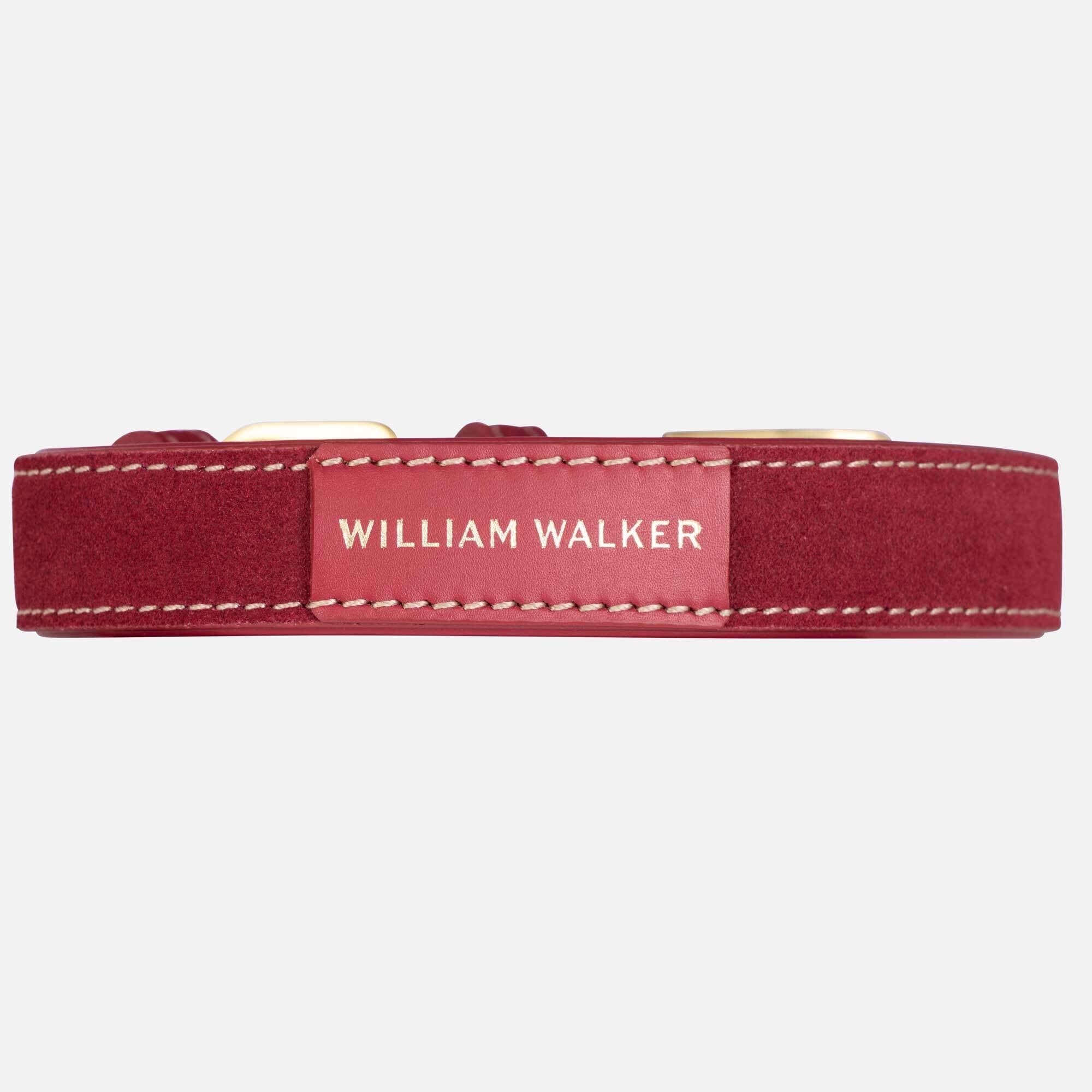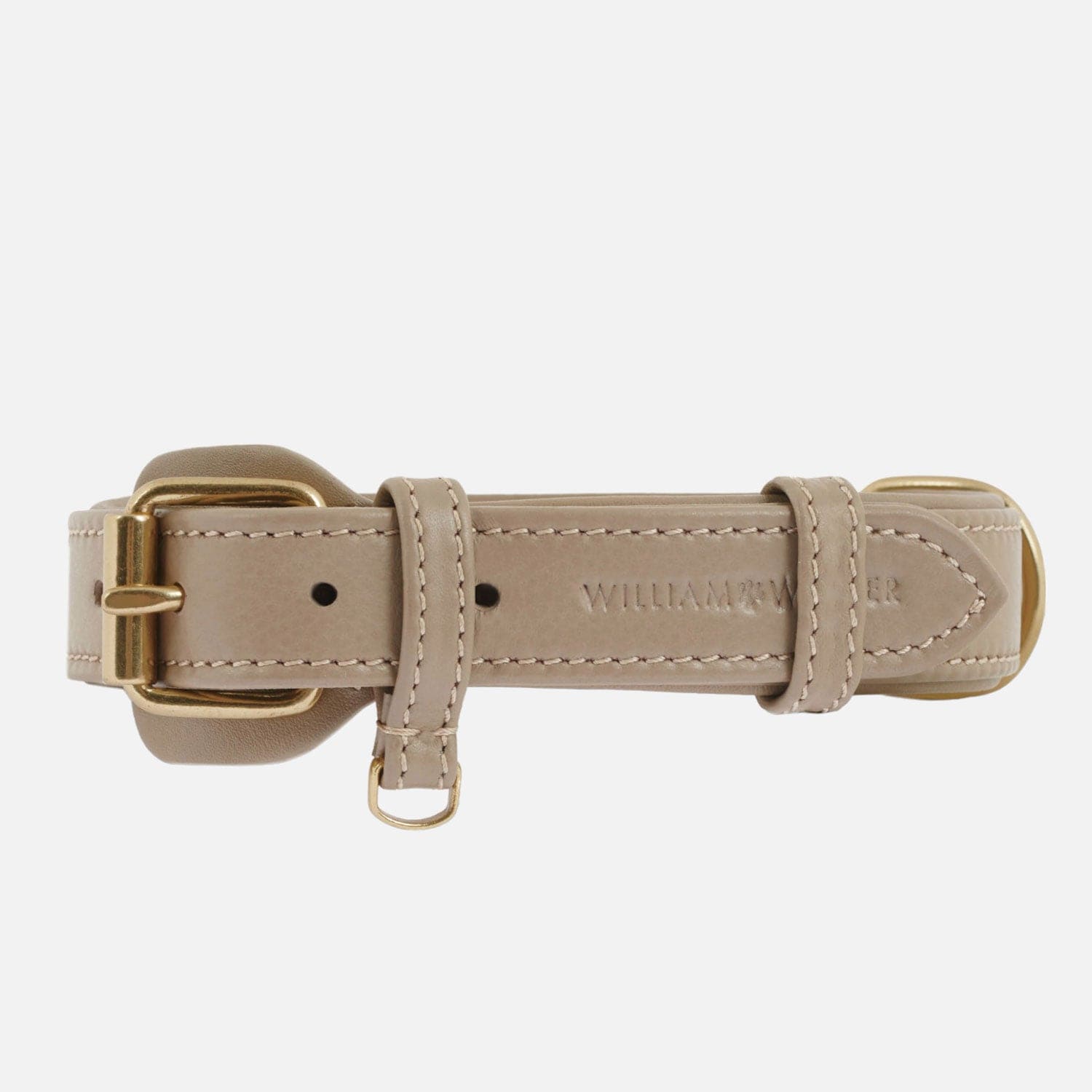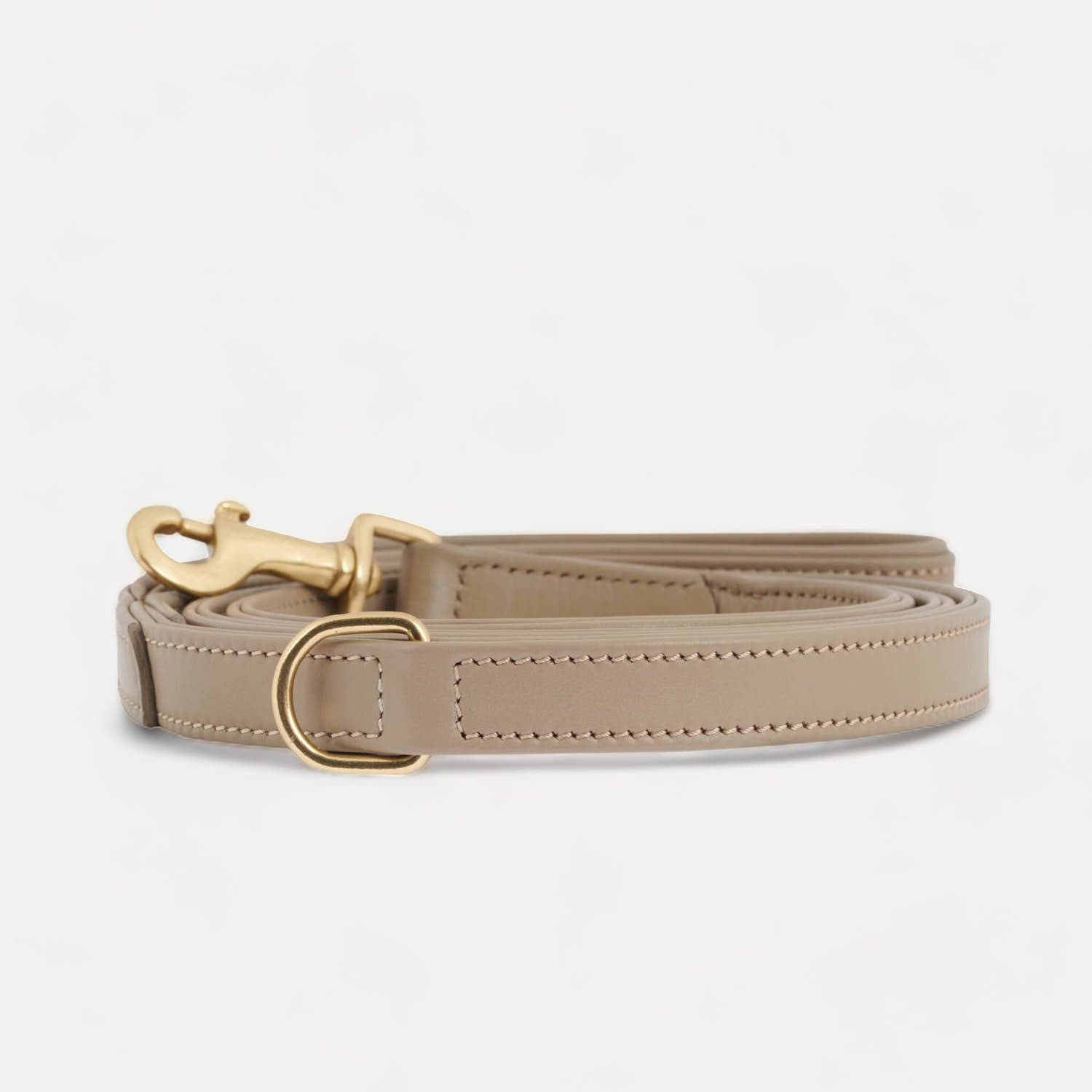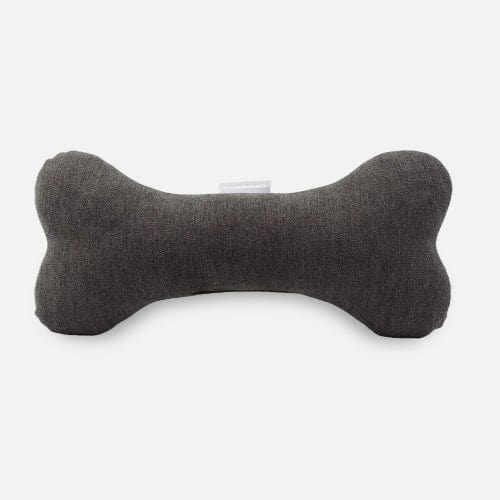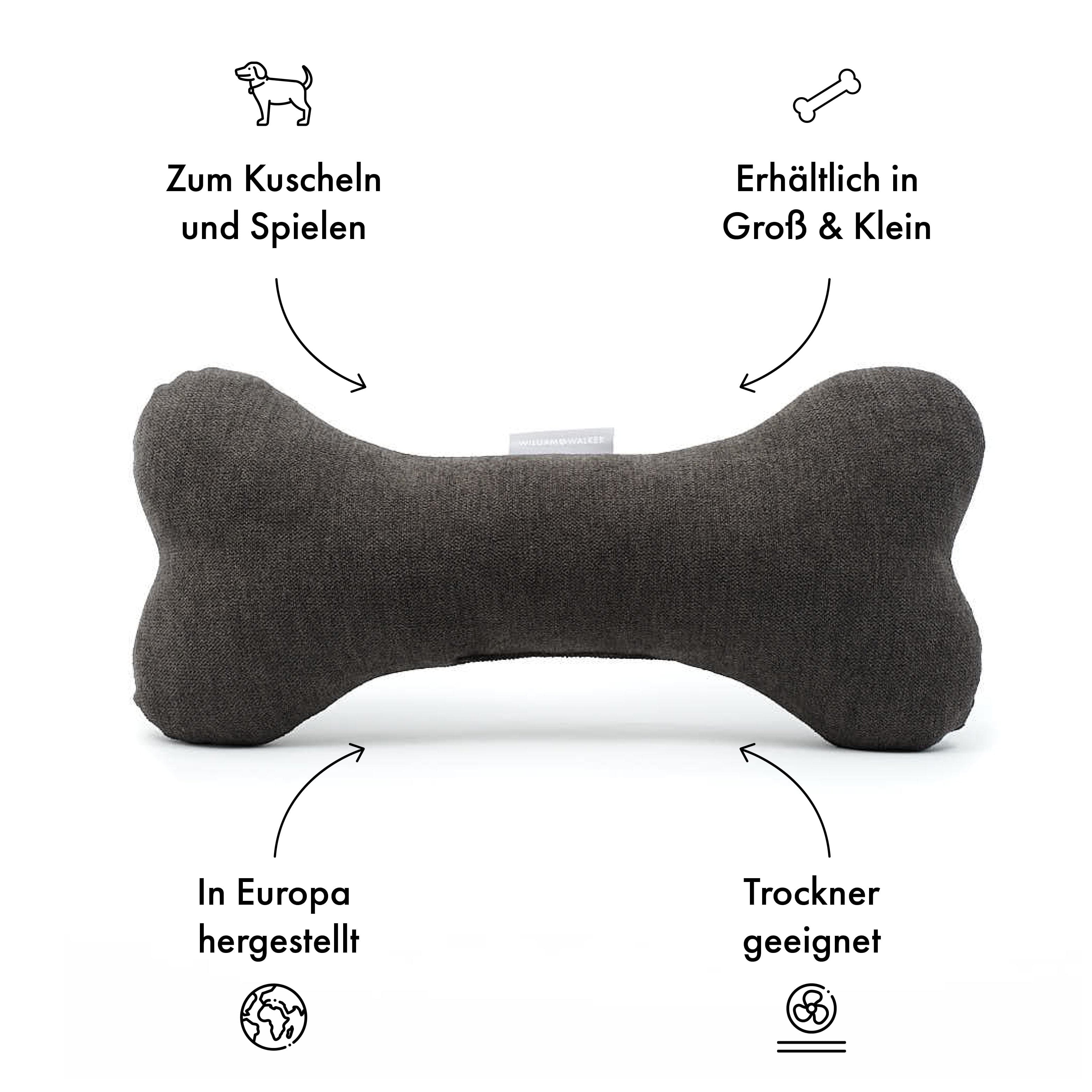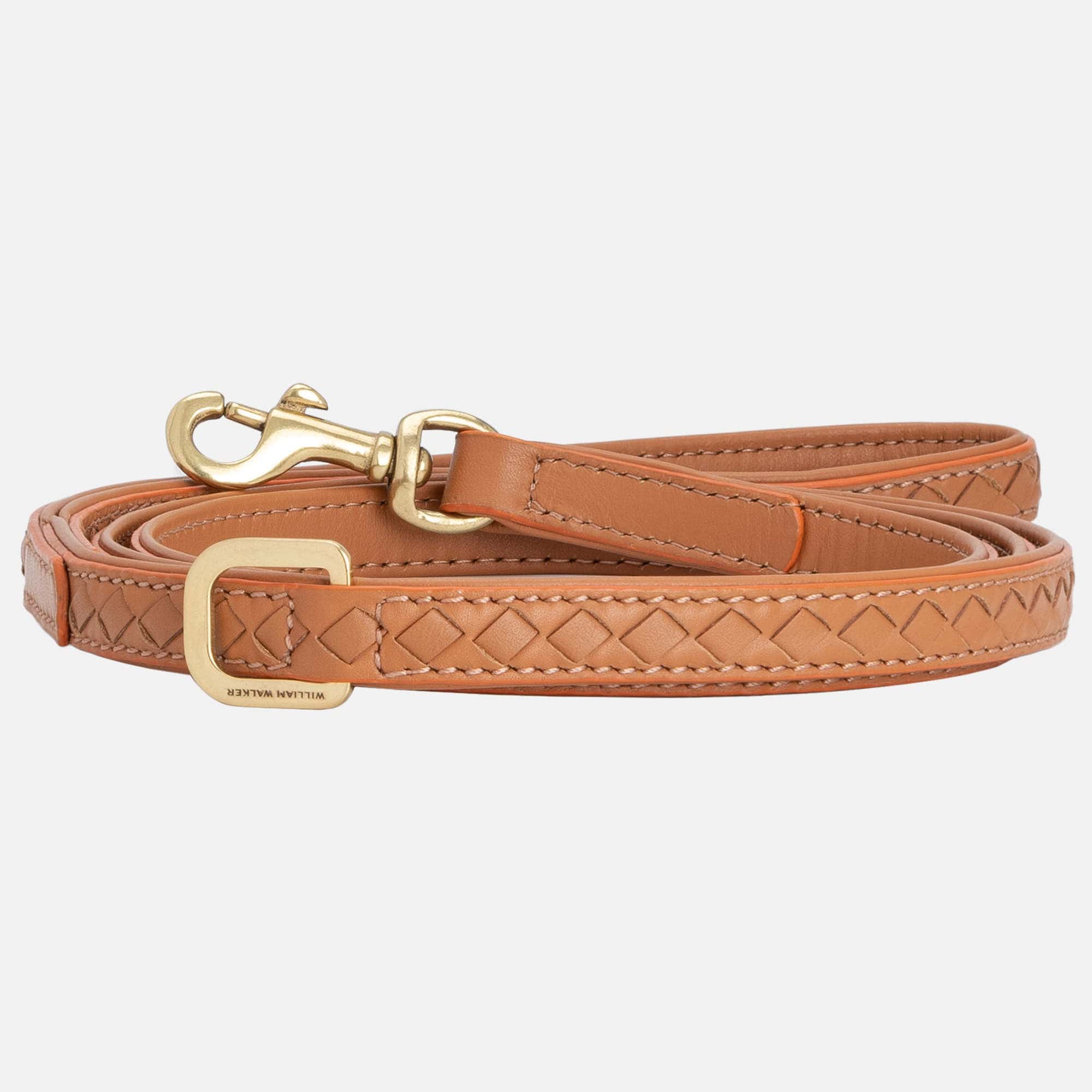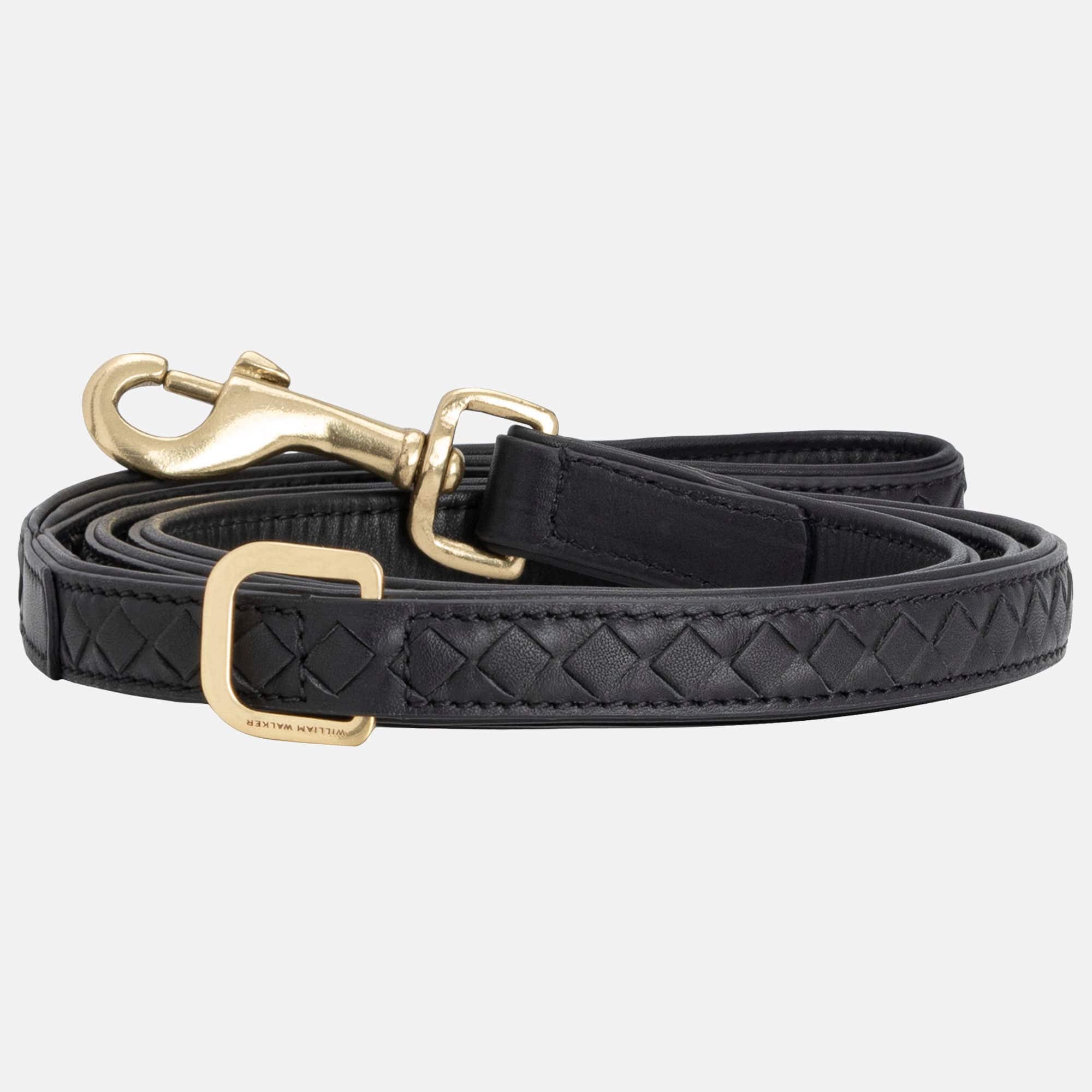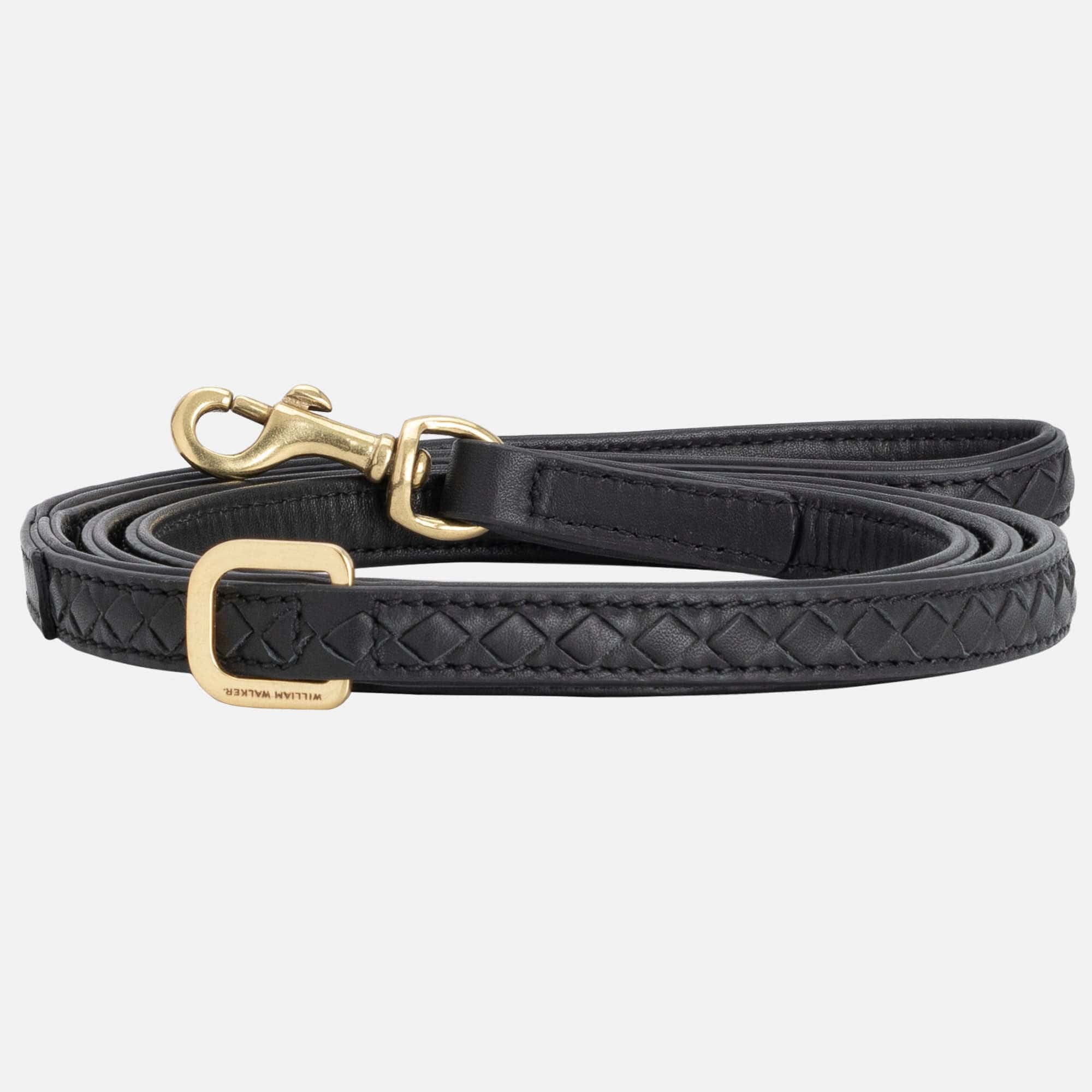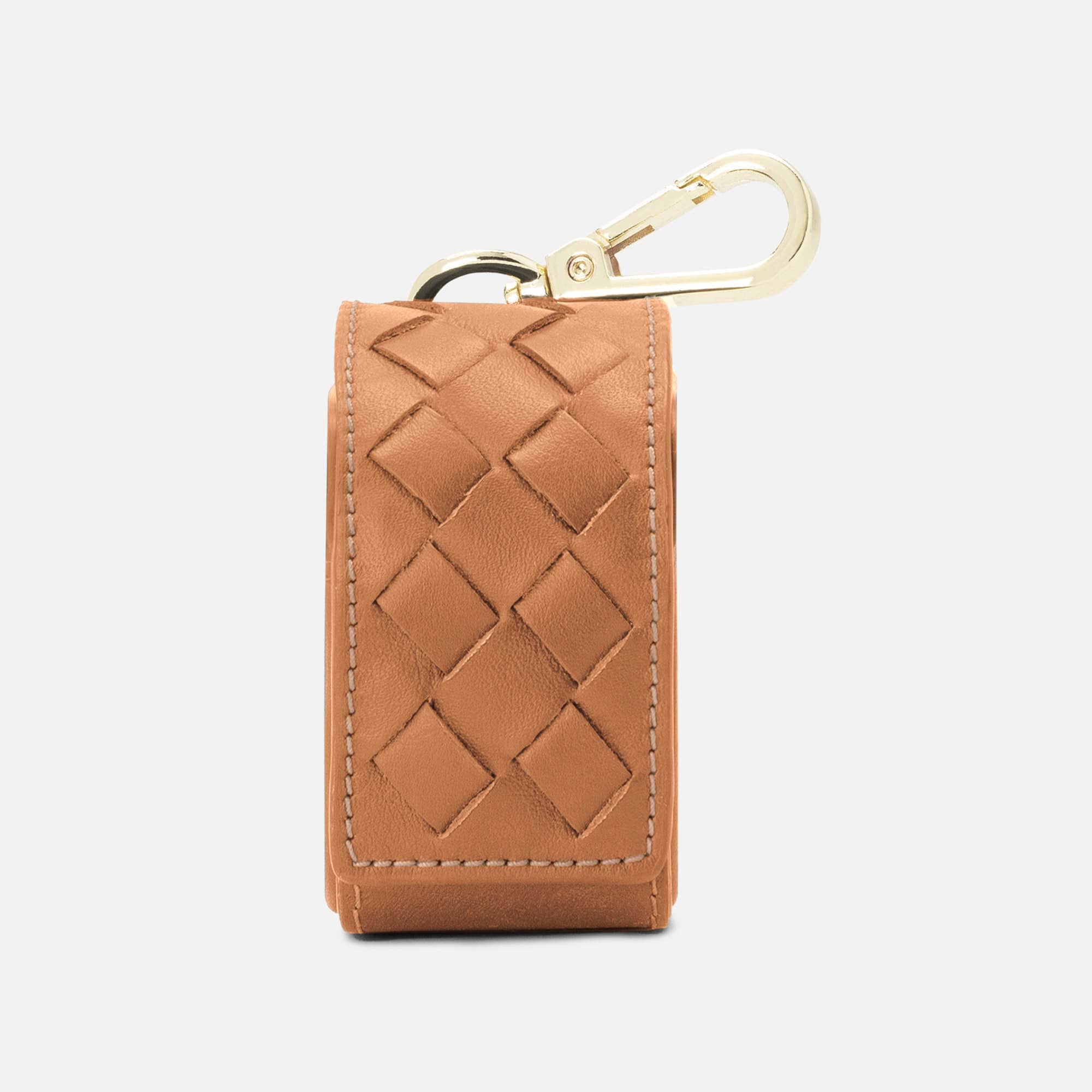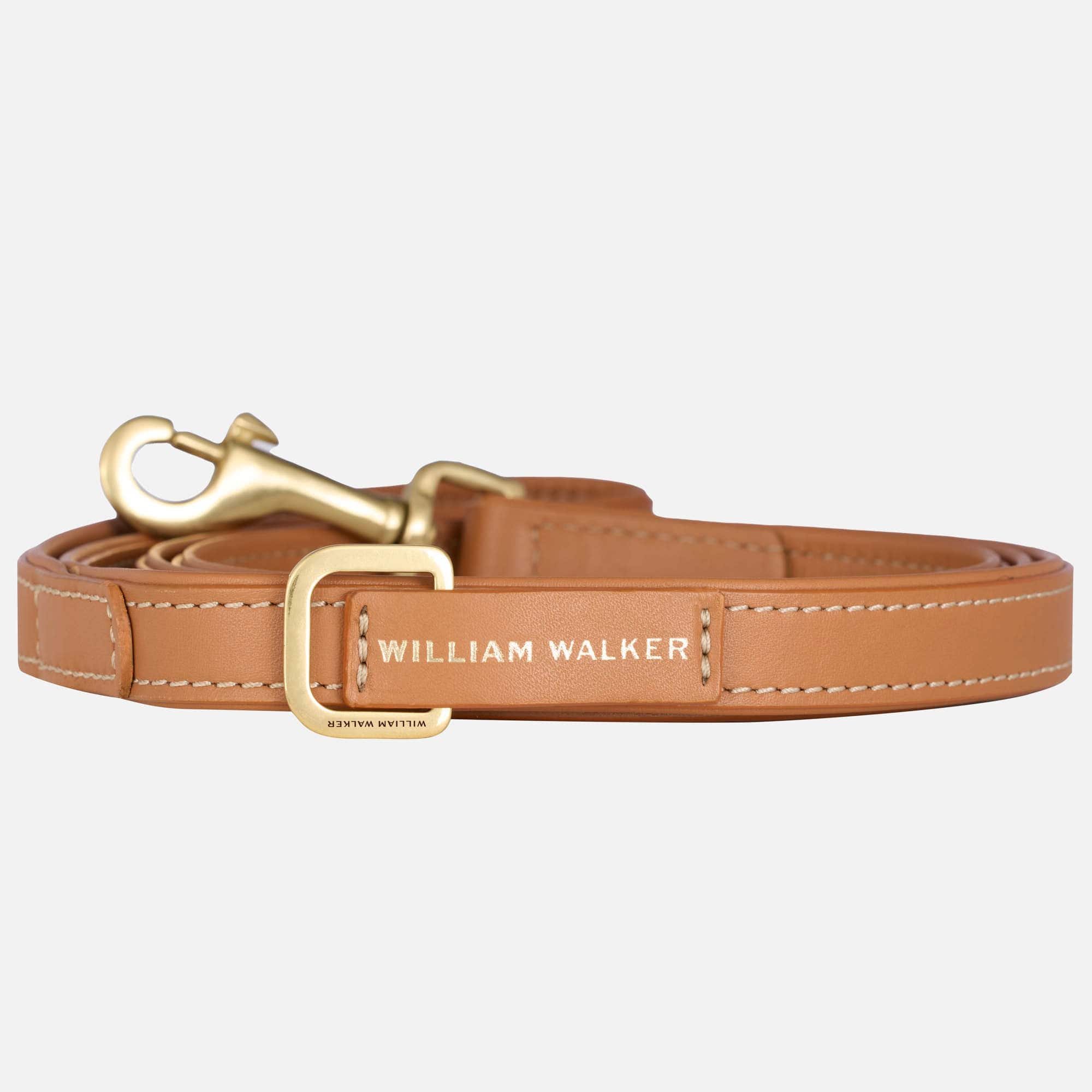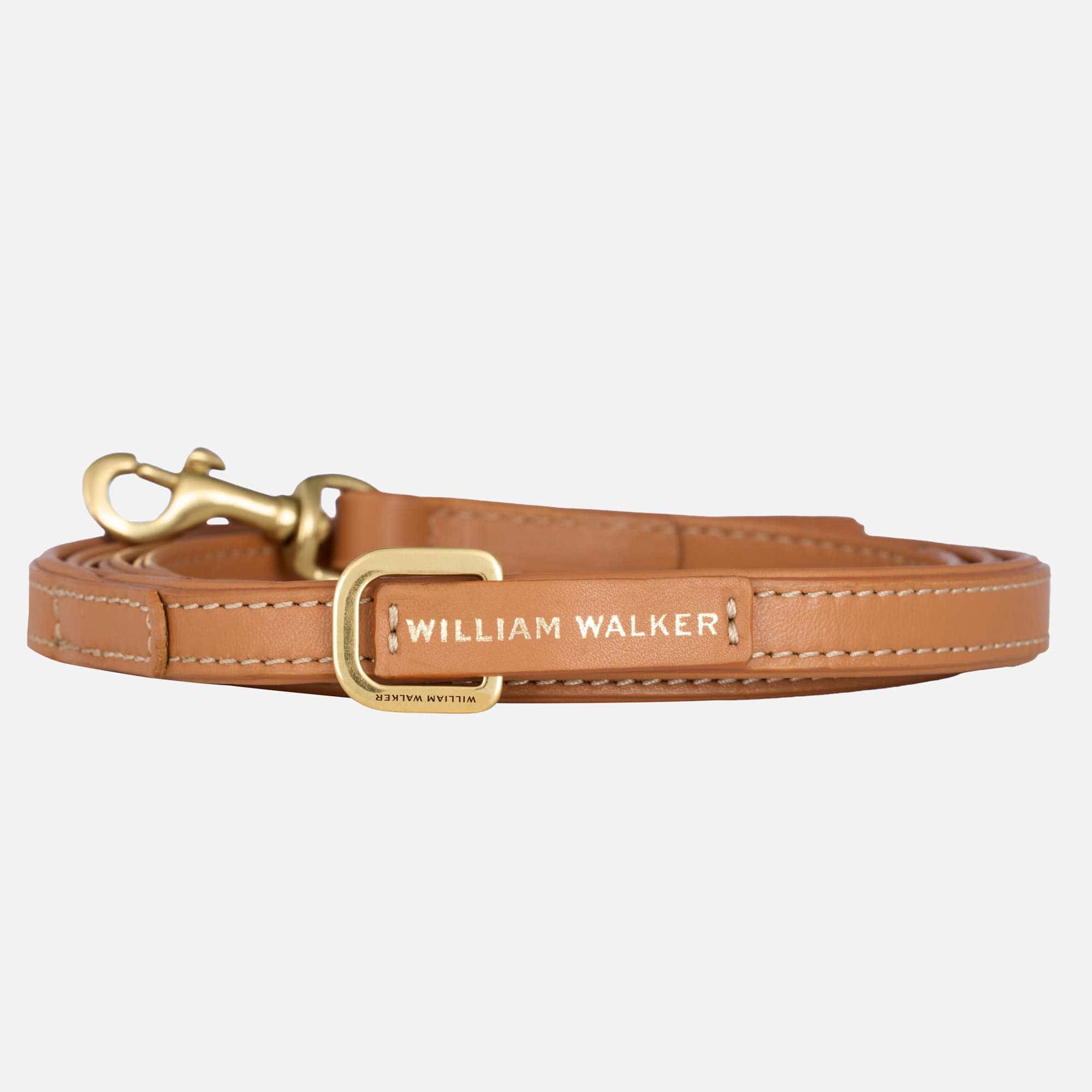Keeping an eye on the health of your faithful companion
Your dog's health is close to your heart - after all, he's not just your faithful companion, he's a family member. Regular health checks and preventative care are key to making sure your furry friend lives a long, healthy and happy life. In this article, you'll learn why regular checkups are important and how to make sure your dog gets the best veterinary care possible.
Why regular health checks are so important
Dr. Sarah Mueller, an experienced veterinarian, stresses the importance of preventative checkups, saying, "Regular health checks are crucial to catching potential health problems early and providing the best possible care for your dog. Diligent preventive care can help maximize your dog's well-being and improve his quality of life. By being proactive and attentive to your dog's needs, you'll be instrumental in maintaining his health."
Early detection of health problems
Regular health checks allow for early detection of potential health problems. An experienced veterinarian can notice signs of illness or other health problems even before they become obvious. This can have a significant impact on the success of treatment and your dog's quality of life. By having your dog examined regularly, you increase the chances of timely treatment and recovery. For example, joint problems detected early can be better treated if they are not already too advanced.
Maintaining vaccination protection
Vaccinations are critical to protecting your dog from dangerous diseases. Regular health checks provide an opportunity to check your dog's vaccination status and make sure he's always adequately protected. Your veterinarian can recommend which vaccinations are important for your dog based on factors such as age, lifestyle and geographic location. A well-vaccinated dog has a better chance of staying healthy and active.
Screenings: What does the health check include?
General clinical examination
During a health check, your veterinarian will perform a comprehensive clinical exam. This includes evaluating heart rate, respiration, temperature and weight. Your veterinarian will also look for behavioral changes, abnormalities in the skin or coat, and other potential signs of health problems. A thorough examination will allow the veterinarian to identify potential problems early and target them for treatment.
Dental and Oral Health
Your dog's dental health is of great importance. Dental problems can not only cause pain, but also increase the risk of other health problems. Your veterinarian will examine your dog's teeth for tartar, inflammation, or other problems and provide dental care recommendations as needed. Regular dental and gum checkups can help your dog maintain a healthy set of teeth.
Blood tests and lab tests
In some cases, blood tests and lab tests may be needed to more accurately evaluate your dog's health. These tests may reveal abnormalities in blood work or other hidden health problems. Your veterinarian will interpret the results and recommend appropriate treatment, if necessary. Such tests can be especially helpful in detecting hidden problems that are not always outwardly apparent.
Responsible care: your contribution to your dog's health
Healthy diet and weight control
A balanced diet is essential to your dog's health. Make sure he gets high-quality food and keep an eye on his weight. Obesity can lead to a variety of health problems, including joint problems and heart disease. Your veterinarian can give you recommendations for the right diet and optimal amount of food to make sure your dog stays in top shape.
Regular exercise
Exercise not only keeps your dog fit, but it also boosts his mental health. Make sure to get enough exercise and activities that are tailored to your dog's needs and age. Walks, playtime, and activities together not only strengthen the bond between you, but also help maintain his physical fitness.
Parasite Protection
Protection from parasites such as fleas, ticks and worms is essential. Your veterinarian can give you recommendations for preventative measures to protect your dog from these unpleasant pests. Regular deworming and the use of flea and tick preventatives will help keep your dog healthy and free of pesky parasites.
Conclusion: Investing in your dog's health
Your dog's health is in your hands. Through regular health checks and preventative care, you can ensure that your dog lives a long, happy, and healthy life. Your efforts to promote his health are not only an investment in the present, but also in the future of your adventures together. By prioritizing your dog's regular veterinary care, you are showing your unconditional love and concern for his well-being.




































